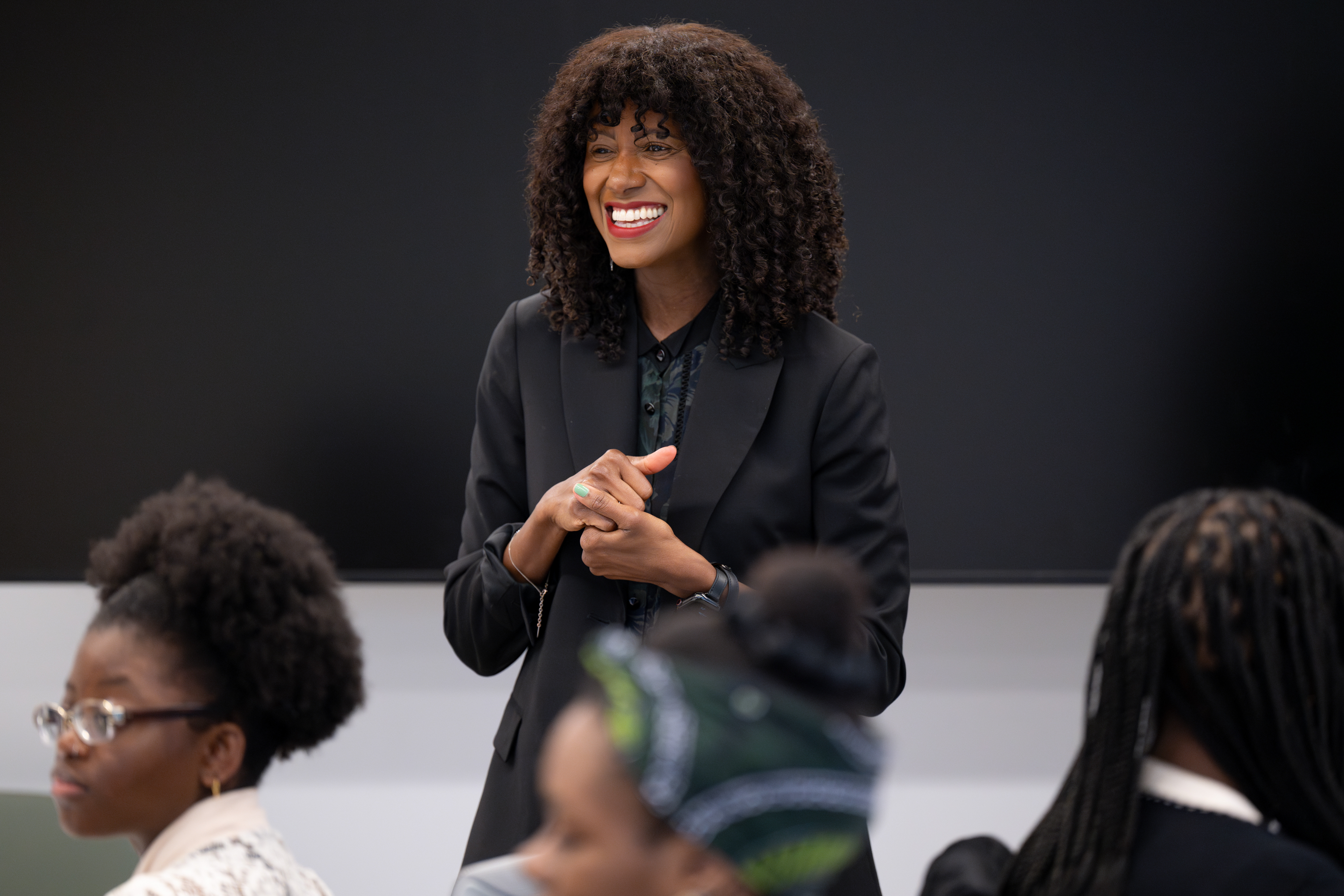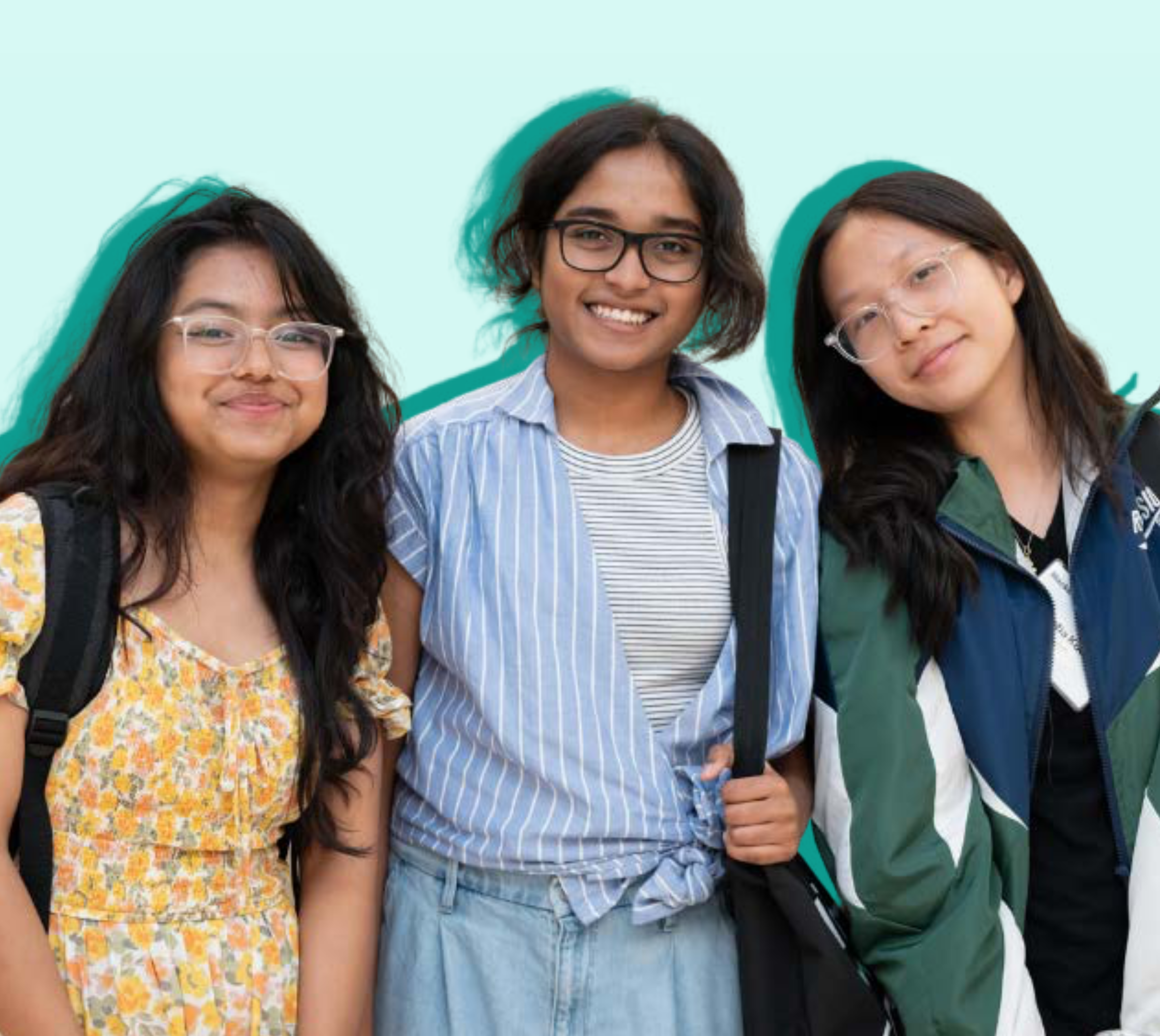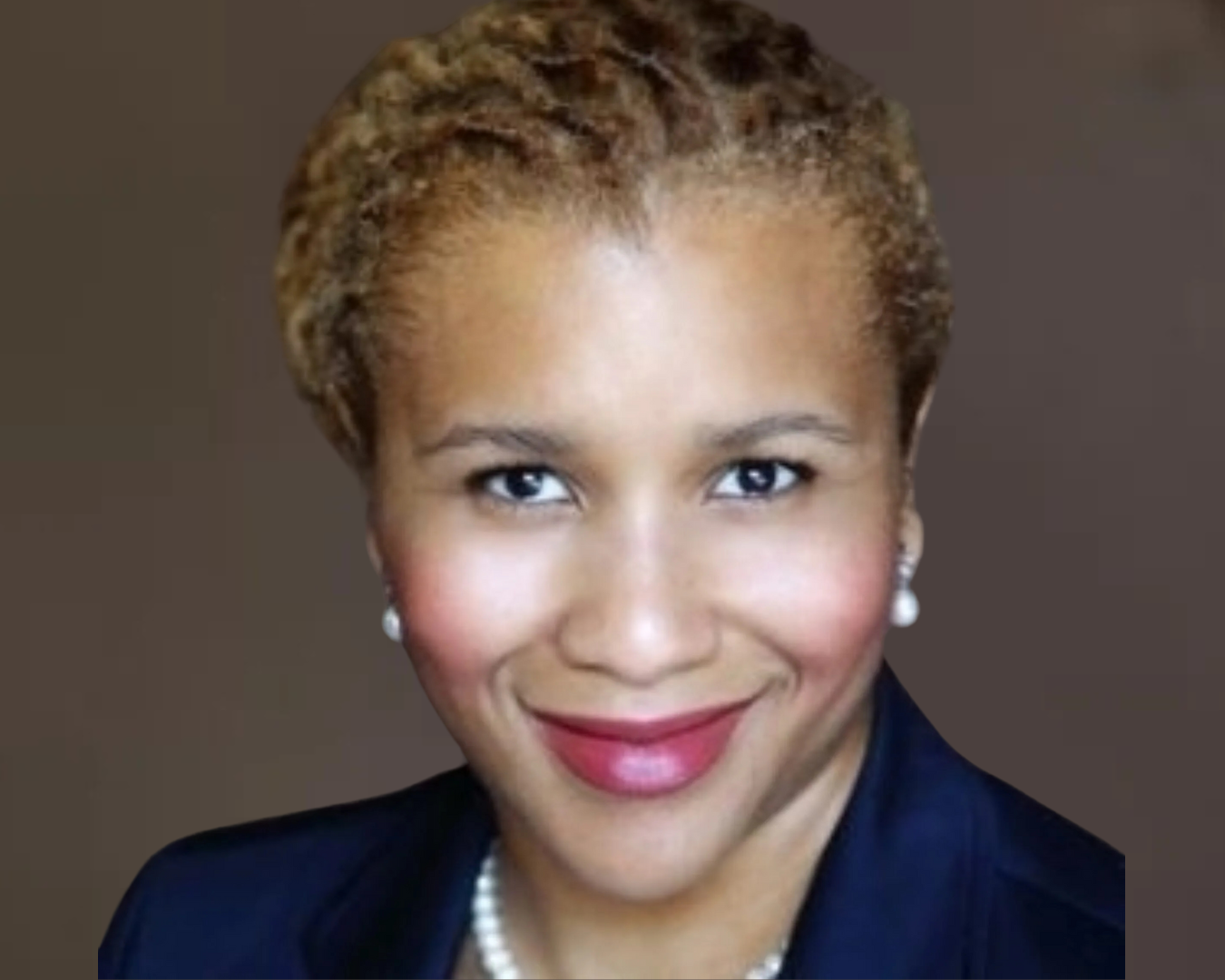Girls Who Code Program Shows Strong Outcomes in Closing Gender Gap In Tech
Girls Who Code Program Shows Strong Outcomes in Closing Gender Gap In Tech
A new report from the American Institutes for Research found that students in GWC Summer Programs are more likely than their peers to major in computer science in college.
NEW YORK, NY – Girls Who Code, a nonprofit working to close the gender gap in tech, has released a groundbreaking report with the American Institutes for Research (AIR) evaluating the effect of the Girls Who Code’s Summer Programs. The study found that high school students who participate in Summer Programs are more likely than their peers to major in computer-science related fields in college, and highlights the critical role of targeted educational initiatives in fostering gender diversity in tech.
Girls Who Code credits their holistic approach to computer science education as the reason for these positive outcomes. Access is essential to increasing diversity, therefore, students who prefer a more structured approach can learn synchronously through the Summer Immersion Program (SIP), while students who require more flexibility and independence can participate asynchronously through the Self-Paced Program (SPP). Both learning environments foster community ties and feature a culturally-inclusive curriculum that focuses on real-world applications of computer science skills.
“We’re grateful to the team at AIR for putting research behind what we already know: Summer Programs matter. They promote academic gains, instill confidence in new skills, and are a powerful tool in preventing students from falling out of the tech pipeline,” said Dr. Tarika Barrett, CEO of Girls Who Code. “We’re already increasing our number of students served every summer by the thousands, and by continuing to scale up this essential program, we’ll make significant strides in our mission to close the gender gap in tech.”
AIR conducted a quasi-experimental study comparing SIP and SPP participants to similar waitlisted students to determine the effects of program participation on majoring in a CS-related field. The study yielded two key findings:
First, on average, both SIP and SPP participants were significantly more likely to major in a CS-related field (by 13.2 percentage points and 11.5 percentage points, respectively) than comparison students.
Second, both SIP and SPP consistently demonstrated positive effects on majoring in a CS-related field across most of the student groups examined, including White, Black/African American, and Hispanic or Latino/a students; students who are historically underrepresented in computing; and students with little-to-no prior CS knowledge.
"Our independent evaluation demonstrates that Girls Who Code’s Summer Programs have a positive effect for students, especially for those who have been historically underrepresented in computing," said Dr. Shuqiong (Linda) Lin, Senior Researcher and Evaluation Project Director at AIR. "With significant increases in enrollment in computer science-related majors among program participants, these Girls Who Code Summer Programs help students to unlock their potential in computer science, narrow the diversity gap in tech, and can pave the way for a more diverse and inclusive tech landscape.”
All Girls Who Code programs are designed to meet students at every turning point in their education, when they are most at risk of giving up on aspirations to pursue computer science long term. Summer Programs, which target high school students, are critical to converting an early interest in computer science into a viable career.
“Girls Who Code’s Summer Immersion Program truly changed the trajectory of my life. I went from being uncertain about my future to having the confidence to seek out a career in technology, specifically coding,” said Anitra Griffin, Girls Who Code Alumni & Engineering Associate at Wells Fargo. “I met so many other girls who wanted to pursue computer science, and talked to so many women who were already working in the field. That representation alone was enough for me to know my dream was worth it, and that I had support I needed to continue on my journey.”
About Girls Who Code
Girls Who Code is an international nonprofit organization working to close the gender gap in technology, and is leading the movement to inspire, educate, and equip students who identify as girls or nonbinary with the computing skills needed to pursue 21st century opportunities. Since launching in 2012, Girls Who Code has reached 670,000 students through our in-person and virtual programming, and 218,000 of our alumni are college or career-aged.
Girls Who Code has sparked culture change through marketing campaigns and advocacy efforts, generating 14 Billion engagements globally. In 2019, the organization was named the #1 Most Innovative Non-Profit on Fast Company’s Most Innovative Companies list, and in 2023 was named one of Fast Company’s Brands That Matter.
About American Institute for Research
Established in 1946, the American Institutes for Research (AIR) is a nonpartisan, not-for-profit institution that conducts behavioral and social science research and delivers technical assistance both domestically and internationally in the areas of health, education, and the workforce. AIR's work is driven by its mission to generate and use rigorous evidence that contributes to a better, more equitable world. With headquarters in Arlington, Virginia, AIR has offices across the U.S. and abroad. For more information, visit www.air.org.


